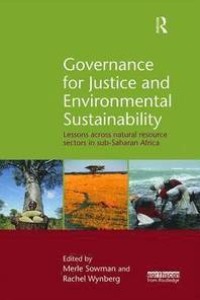
Liknande böcker
Sustainable irrigation development in the White Volta sub-Basin : disseration submitted in fulfilment of the requirements of the Board for Doctorates of Delft University of Technology and of the Acade
Bok av Eric. Antwi Ofosu
Sub-Saharan Africa has an irrigation potential of about 42 million hectares of which only 17% is developed. Despite several investments in irrigation the growth is slow. This study aims at helping to achieve sustainable irrigation in sub-Saharan Africa, through gaining a better understanding of productive irrigation water use and effective management of irrigation development. The study is conducted in the White Volta sub-basin specifically in Northern Ghana and Southern Burkina Faso which have been experiencing rapid irrigation development since the mid 1990s. The study identified growing markets for irrigated products as an important driving force behind the expansion of irrigation which has given rise to new technologies. The new technologies have spread because they gave farmers direct control over water sources. These new technologies allow relatively small farm sizes which can be adequately managed by the surveyed farmers. As a result high productivities are achieved. The hydrological impact of upscaling irrigation in the sub-basin is sustainable and will maximize the overall benefits derived from water resources in the Volta Basin.







